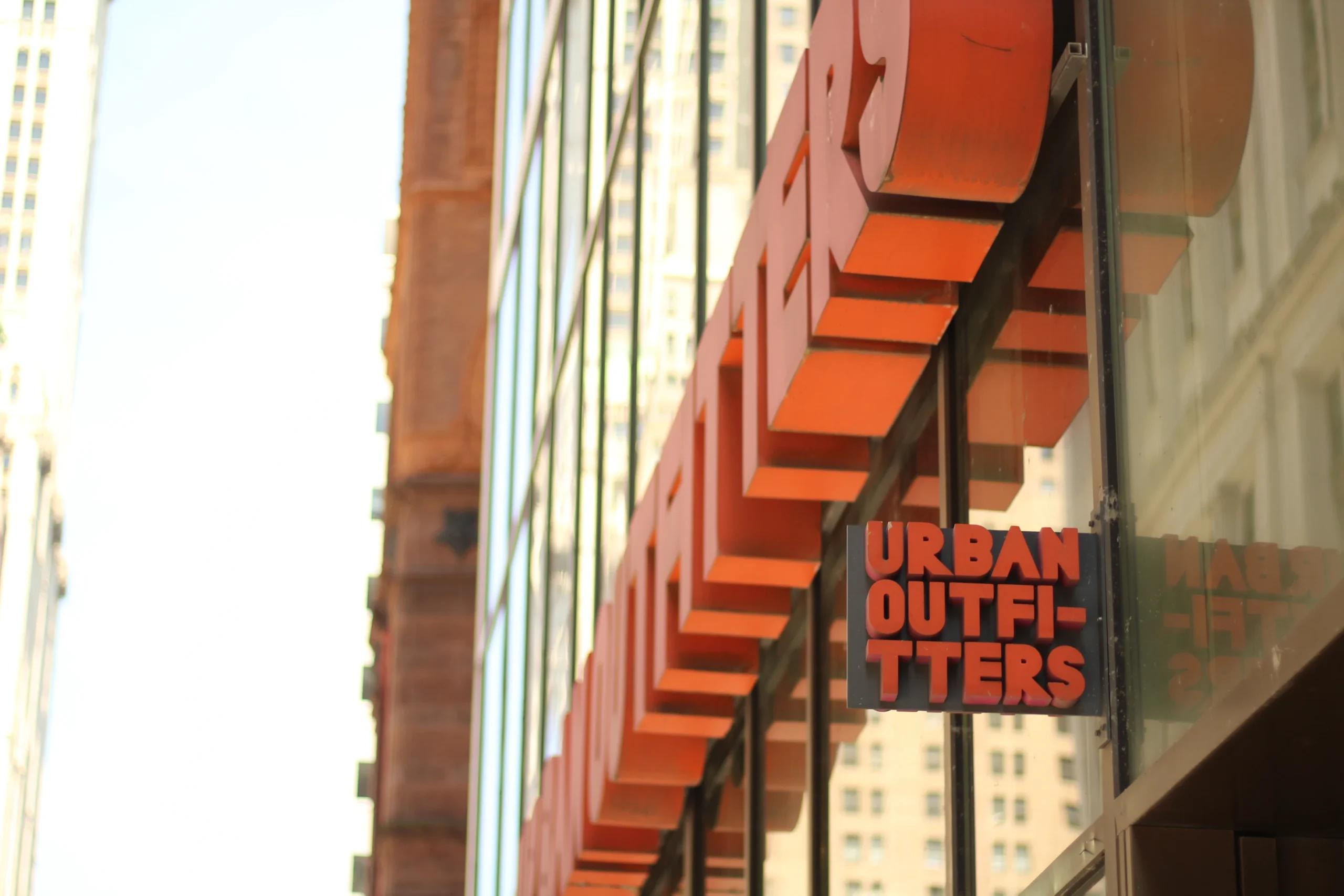The Navajo Nation was recently dealt a blow in its lawsuit against Urban Outfitters, when a U.S. district court judge dismissed two trademark dilution claims. Judge Bruce Black in New Mexico ruled that the tribe, one of the largest in the United States, hadn’t proved that the “Navajo” mark was famous.
“While plaintiffs’ evidence may be relevant to their infringement claim, it is not legally sufficient to establish a ‘famous’ mark and, hence, to defeat defendants’ motions for partial summary judgment on the claims for dilution by blurring and tarnishment.”
Only famous marks are protected under the Federal Trademark Dilution Act because blurring and tarnishment weaken a well-known mark’s ability to distinguish its goods or services. The law defines “famous” for the purposes of dilution as “widely recognized by the general consuming public of the United States as a designation of source of the goods or services of the mark’s owner.” A court will usually then look at the following factors from the statute to determine whether the mark is “widely recognized”: 1) the duration, extent, and geographical reach of advertising and publicity of the mark, whether advertised or publicized by the owner or third parties, 2) the amount, volume, and geographic extent of sales of goods and services offered under the mark, and 3) the extent of actual recognition. Judge Black found that “Navajo” was more of a niche, but also acknowledged that only a few courts have found marks to meet the legal definition of “famous.”
The remaining claims against Urban Outfitters include trademark infringement and violations of the Indian Arts and Crafts Act. The Indian Arts and Crafts Act makes it illegal to “offer or display for sale, or sell any art or craft product in a manner that falsely suggests it is Indian produced, an Indian product, or the product of a particular Indian or Indian Tribe or Indian arts and crafts organization.” Civil causes of action can be pursued under the Act.

Where creative minds come together
The Navajo Nation, which has several registered trademarks for “Navajo,” sued Urban Outfitters in 2012 after the tribe discovered that the clothing retailer was selling products with the Navajo name, including underwear, clothing, jewelry, and flasks. The tribe sent cease-and-desist letters in 2011, and while Urban Outfitters did remove the term “Navajo” from the items, its other brands did not.
Urban Outfitters has steadfastly argued that “Navajo” is a generic term for a particular type of style or design of clothing.
Stay turned to our blog for more on this case and other trademark suits.



